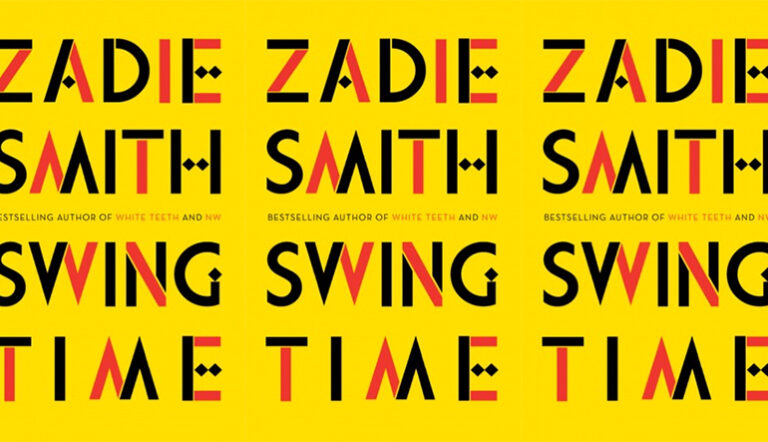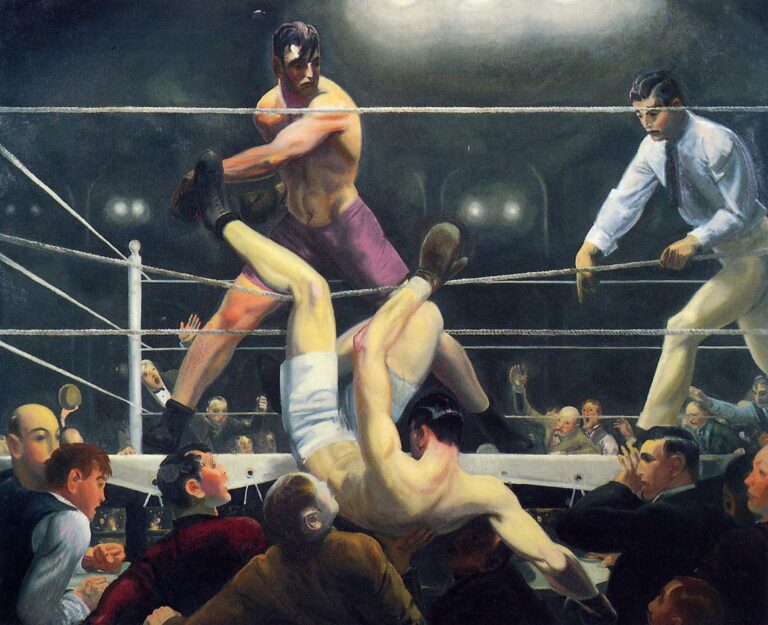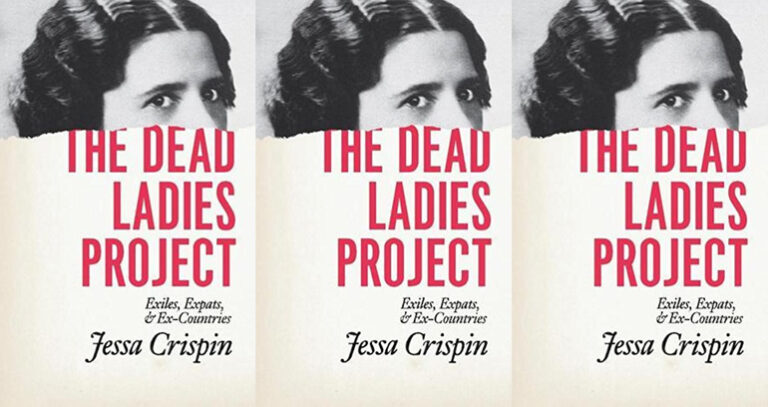The Best Short Story I Read in a Lit Mag This Week: “Help Wanted” by Robert Lopez

The opening sentence of many stories goes as follows: I was (insert ordinary activity) when (insert extraordinary occurrence). This setup prepares the reader for a story in which something strange will happen to a character with a fairly conventional life and perspective, most likely altering that character for life. In the flash fiction piece “Help Wanted” (Corium Magazine), Robert Lopez flips this construction on its head.
Here’s how the story opens.
Someone is at the door and asking for help. This is like when I walk down the street and see a sign in a store window that says, Help Wanted. I always want to go into the store and ask them what kind of help they need. I want to ask them if it is urgent, if someone needs medical attention. I always assume someone has collapsed and is dying on the floor, someone that can’t breathe on their own and is in cardiac arrest.
While the request for help in the first sentence operates as an inciting incident, notice how little descriptive attention the narrator gives it. We have no idea who needs help, what kind of help they need, and whether the narrator is able to give it. We can only assume it’s not worth explaining. But notice how much detail is given to the next few sentences of backstory, illustrating what the character makes of quotidian detail (the “Help Wanted” sign). Lopez is establishing a character whose perspective is extraordinary, which enables otherwise mundane details to gain dramatic possibility.
The consequence of this setup is that readers naturally want to know why the character has such an imaginative and violent response to such an obviously insignificant flyer. Did something traumatic happen in the character’s past?
This is why I never go into stores that have a Help Wanted sign up in the window because I don’t want to see something like this (cardiac arrest). Maybe certain people want to see something like this but they are one of two things and I’m neither. If people know anything about me this is what they know. I also don’t want to see if this isn’t the case, if no one is on the floor and can’t breathe because then I’ll want to know what all the fuss is about. It could be they only want help in the kitchen, doing the dishes, and that will be a disappointment.
Lopez subverts the reader’s expectation of discovering some sort of deeper psychological explanation for the character’s reasoned-yet-illogical response to requests for help. The sign isn’t a trigger, the character simply doesn’t want to see anyone in cardiac arrest, and to boot, doesn’t want to be disappointed if the request isn’t for anything exciting.
While the character tries to keep us from pigeonholing his potential pathology, the strangeness of his response still comes through, and not just because of the interesting neuroticism of his (forgive me for assuming it’s a male) diction. It’s the constant reference to others, who remained unnamed. Who are these “people” the character keeps referring to? Why must he be so firmly at odds with them?
I don’t like doing dishes and I don’t think anyone can blame me. There is something wrong with my hands, I lose feeling in them. What happens is I start working with my hands and before long I feel the pins and needles and soon they go numb and I have to stop whatever it is I’m doing and shake them out. This is one reason I don’t like doing dishes, but there are others, too. I won’t go into the other reasons because who cares anymore. Not the people who know anything about me, that much is certain. It’s like when I was a kid and I would ask my mother for help with my homework. I can’t remember what she would say, but I’m sure it proves my point.
The voice is so strong, and the narrator’s arguments so interesting to read, but by the end, the overall affect I felt towards the narrator was sadness. I don’t think it’s a mistake that there is only one line in the entire piece that takes place in the present scene, and it’s the first line, in which someone comes to his door. The rest of the piece is spent entirely in the narrator’s head, examining undesirable and unlikely outcomes and other potentially psychosomatic reasons not to engage with someone who needs help. I’m nearly certain the narrator won’t leave. I’d argue that what Lopez has drawn, in just a few short lines, is the troubled mind of a shut-in, paralyzed by what he believes the world thinks of him, or wants from him. But that’s the irony of the title, right? Where help is wanted isn’t always where it’s the most needed.


